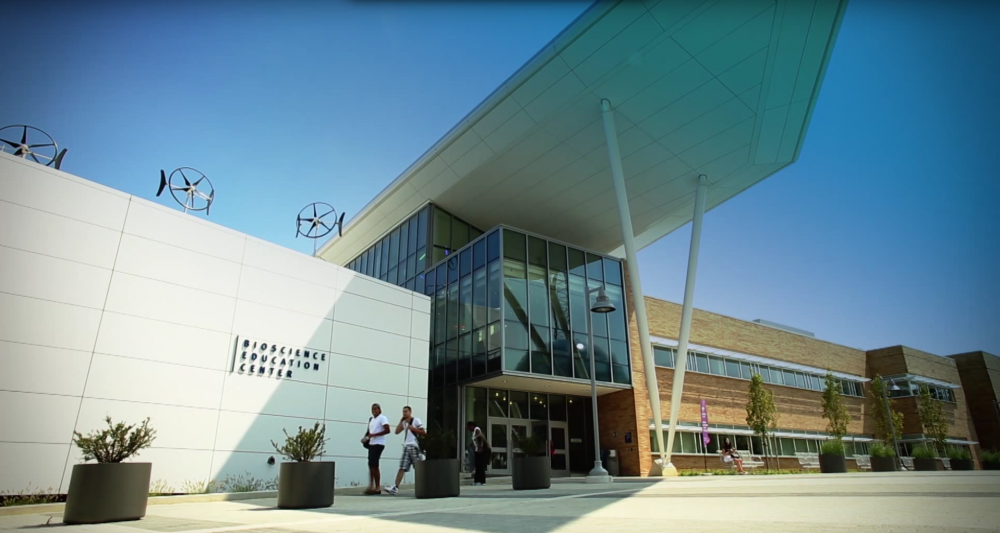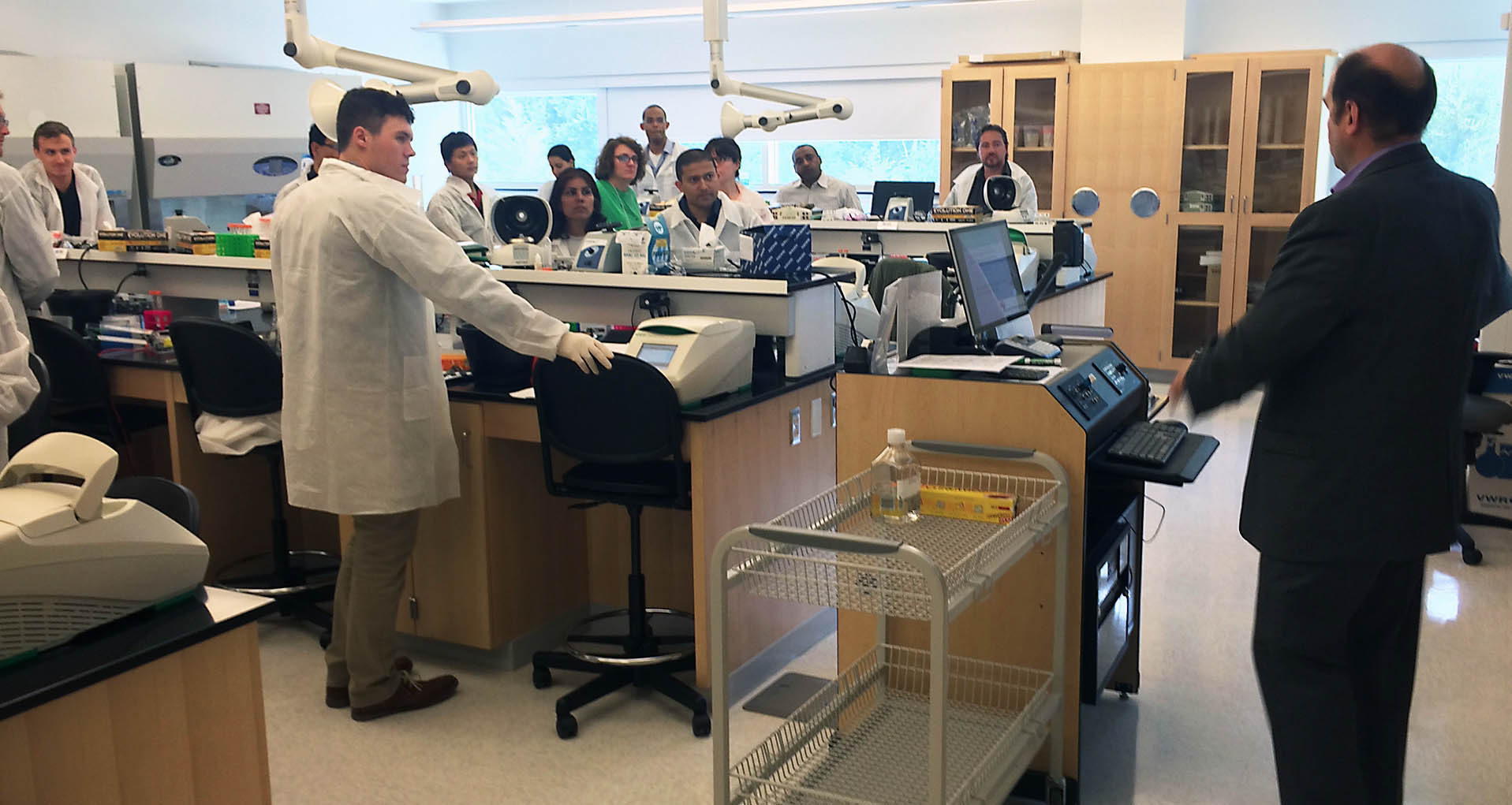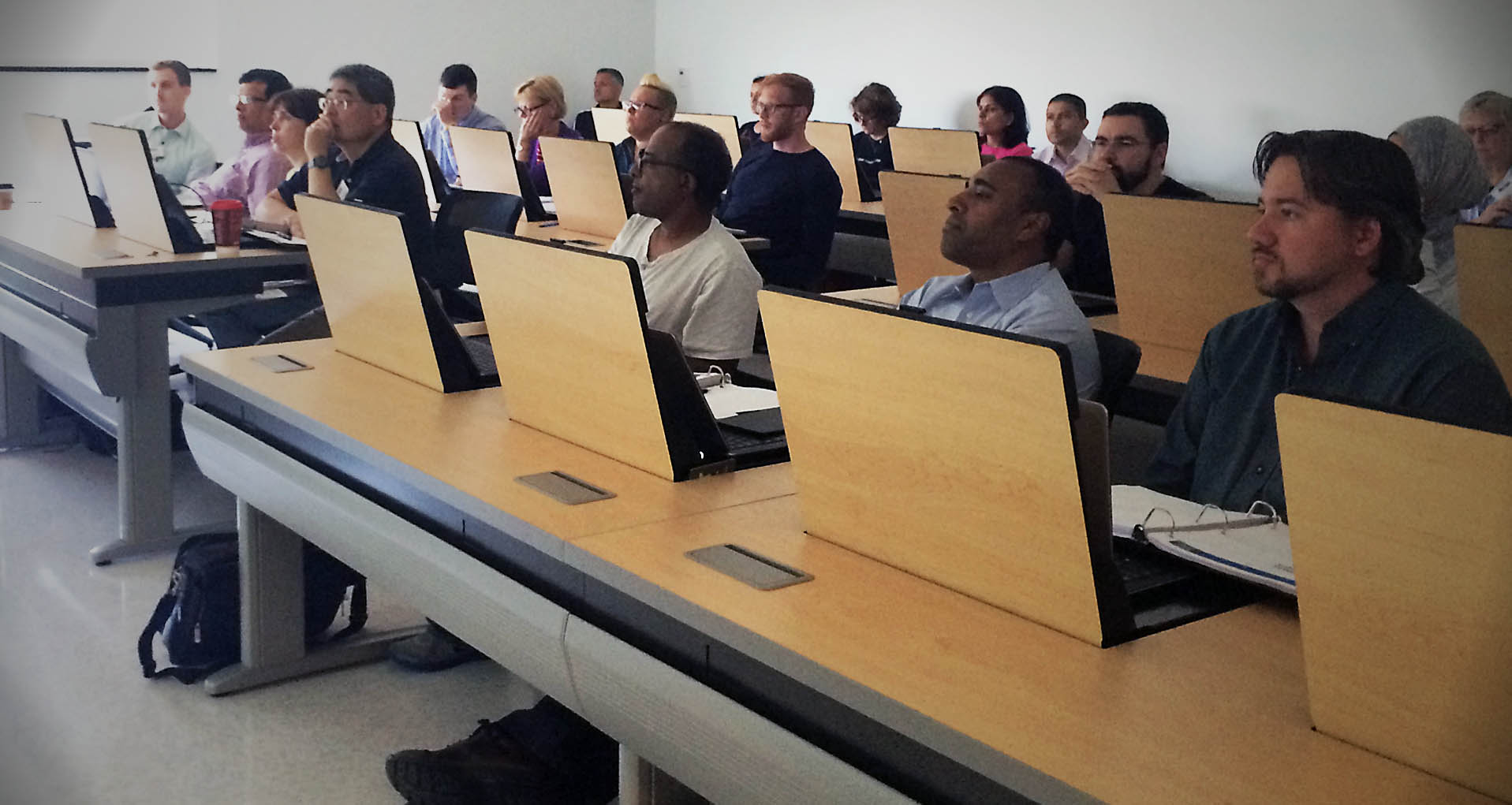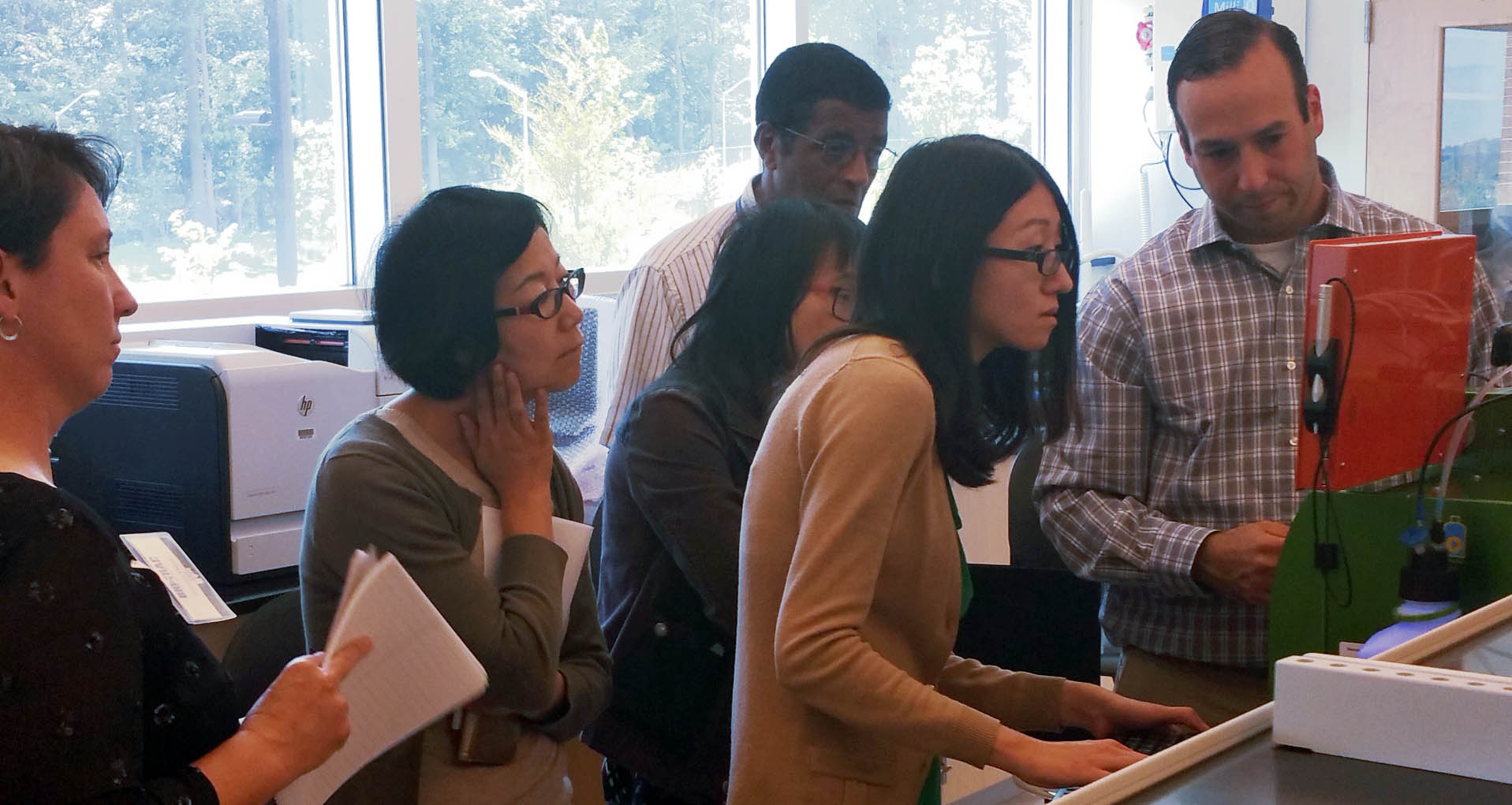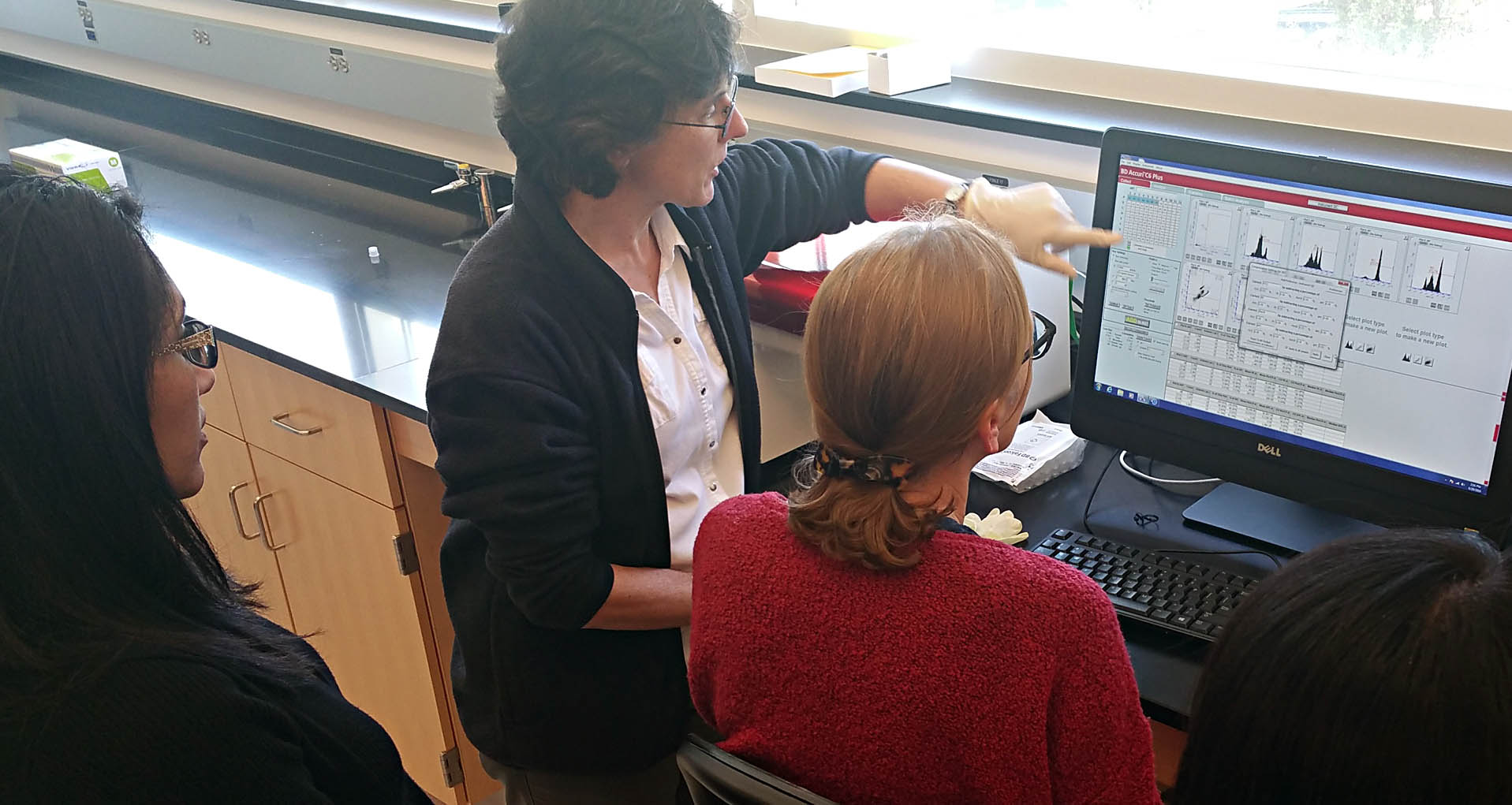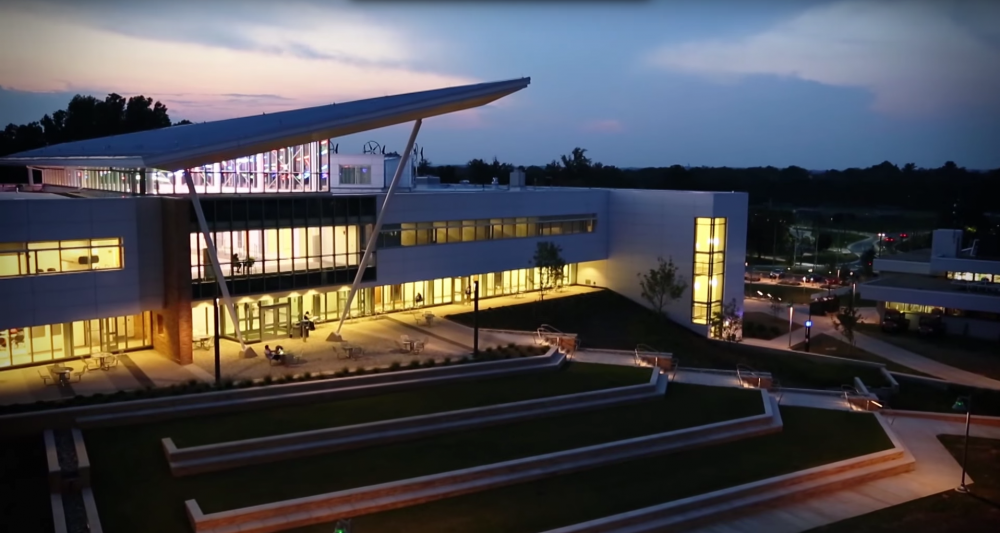Feb 14-16, 2024
Wednesday-Friday
Germantown, MD
The Bioscience Education Center
9:00am-5:00pm
1 Hour Lunch Break
This rigorous three day program is ideal for basic research and translational biology scientists who are looking for a balanced theoretical vs. hands-on introduction to gene editing iPSCs using CRISPR/Cas9. In this workshop, participants will be able to design CRISPR/Cas9 gene editing tools, deliver gene-editing tools into human iPSCs, and detect gene-editing events by PCR/ Surveyor Assay.
 | Lecture and Hands-on Interactive Training |
 | Team taught by active researchers |
 | Thumbnail drive with Lectures and Workshop material |
 | Space limited to 18 participants |
 | Registration Fee: $895 |
-
"The three day workshop on gene editing iPSCs with CRISPR/Cas9 contained all necessary information to start using this very powerful technique."
David Shubert, Ph.D.
Department of Pharmacology and Toxicology, Assistant Dean Biomedical Undergraduate Education; Lecturer
University at Buffalo
Gene Editing iPSCs with CRISPR/Cas9 1/17
-
"Courses such as the 'Gene Editing iPSCs with CRISPR/Cas9' are essential if scientists and technologists want to keep up with the evolving genetic engineering technologies. In three days you leave with enough training information to build upon a backbone of knowledge that you didn’t have before! As a bonus, everyone is helpful and kind!"
Uzma Hussain
Johns Hopkins University
Gene Editing iPSCs with CRISPR/Cas9 1/17
-
"Highly informative course given by highly competent leaders very recommendable!"
Raed Abu Dawud, Ph.D.
Scientist
King Faisal Specialist Hospital and Research Centre, Saudi Arabia
Gene Editing iPSCs with CRISPR/Cas9 1/17
-
"By nature it was short and intense, yet it proved comprehensive and satisfying. Provided valuable hands-on lab experiences as well. Highly recommend and I look forward to other course offerings."
Jeffrey Stinson
Uniformed Services University for the Health Sciences (USUHS)
iPSC: Reprogramming, Differentiation and Gene Editing with CRISPR 8/16
-
"This is a very informative workshop. I came to learn the practical aspects of iPSC science and CRISPR technology, and I am very pleased to obtain the necessary information, which is impossible to obtain without talking to scientists involved in this field. Further, I got to learn new techniques and know fellow scientists who are involved in this research to some extent."
Shyamal K. Roy, Ph.D.
Dept. of OBGYN
University of Nebraska Medical Center
iPSC: Reprogramming, Differentiation and Gene Editing with CRISPR 8/16
-
"This is a very well organized program. Lectures always convey the most advanced knowledge and technologies. Hands-on practice is also very helpful. Highly recommend to colleagues in or out of NIH community."
Guangpu Shi, M.D.
Research Fellow
NEI/NIH
iPSC: Reprogramming, Differentiation and Gene Editing with CRISPR 8/16
-
"An excellent training course. I like the lab activities which gave lots of practice. The instructors are well-skilled and kind. The lab condition is perfect! It was also a good opportunity to know each other in the field. Thank you very much. I will take more courses in the future. I also will recommend people to take the courses at Bio-Trac."
Bingmei Zhu
Postdoctoral Fellow
NIDDK and Sichuan University, China
iPSC: Reprogramming, Differentiation and Gene Editing with CRISPR 8/16
-
"A busy and informative three days. Hopefully I can take what I learned back to my lab and have success there."
Paul Ryan
Consultant Biologist
ELI Lilly
Gene Editing iPSCs with CRISPR/Cas9 1/17
Course Director
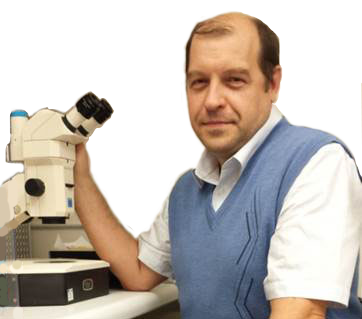
Serguei Kozlov, PhD, MBA, PM
Team Leader, Principal Scientist and Program Manager, Center for Advanced Preclinical Research, Leidos Biomedical Research, Inc
Lectures:
- Basic Principles of Genome Editing Technologies from ZFN to CRISPR
- Special Aspects of CRISPR/Cas9 Technology
- Structural Aspects of CRISPR/Cas9 Target Recognition and Biologic Patterns Among the Family of Bacterial Targeted Endonucleases
- Dichotomy of Alternative Mechanisms for Double Stranded DNA Break Repair and How They Can Be Manipulated to Benefit the Desired Outcomes of a CRISPR/Cas9 Experiment
- CRISPR vs. RNAi Technologies: Strengths, Weaknesses, Opportunities, Future Prospects
- Optimizing Gene-editing Experimental Designs for iPS Cells
Laboratory 1:
- In Silico Design of guide RNAs (crRNA and sgRNA)
- Optimized design of CRISPR/Cas9 systems for genome editing: analysis of representative cases
Laboratory 2:
- Preparation of iPS Cells for Transfection:
- Part 1: Coat plates and prepare
- Part 2: Passaging and Plating of
- Preparation of PCR amplicons for sgRNA synthesis by in vitro transcription (IVT).
- Purification of T7-sgRNA amplicons by affinity columns.
- Selecting optimized sgRNAs by deactivating GFP protein expression in E. coli: co-transformation of pGlo and sgRNA-BPK764 plasmids into T7 Express competent cells.
Lectures:
- Emerging Applications of CRISPR/Cas9 Technology:
- Evolutionary Biologic Diversity and Distinct Gene Editing Patterns Among Bacterial CRISPR Systems.
- CRISPR Libraries and Genetic Screenings Using Genome Editing Technologies In Vitro and In Vivo.
- Reprogramming, Characterization of Stem Cells.
Laboratory 3:
- Discussion Genomic Cleavage Detection Assay: Basic Principle and Workflow.
- Genomic Cleavage Detection Assay- Part1: Lyse iPSCs and set-up PCR Reaction.
- Set-up Cas9 Protein/crRNA: tracrRNA Ribonucleoprotein Complexes for
- Preparation and Transfection of CRISPR/Cas9 Ribonucleoprotein Complexes into iPS cells.
Laboratory 4:
- Molecular synthesis of sgRNAs: Prepare T7-sgRNA amplicons for in vitro
- Molecular synthesis of sgRNAs: Setup the in vitro transcription reaction to prepare sgRNA.
- Detection of AP Activity in iPS
- Setting up IVT reaction for sgRNA.
- Cleanup of sgRNA after IVT synthesis by filter cartridges.
- Re-plating pGlo/sgRNA-BPK764 double transformants onto LB/Cm/arabinose/IPTG selection plates.
Lectures:
- Applications of CRISPR Systems in Genome Research: From Developmental Biology to Gene Therapies.
- Targeting RNA with CRISPR Systems.
Practical Exercise
- Computer-assisted design of sgRNA (CRISPOR portal).
Laboratory 5:
- Genomic Cleavage Detection Assay:
- Part 2: Re-Annealing
- Part 3: Digestion
- Part 4: Agarose Gel Electrophoresis to determine the incidence and estimate frequency of indel mutagenesis.
- DNA MiniPrep Preparation of sgRNA-pX330
- Review Transfection Efficiency of iPSC
- Assessment and Quantification of Synthetic sgRNA by Bioanalyzer and Tape Station devices.
- Evaluation of GFP deactivation efficiency by indel CRISPR targeting via scoring GFP+ vs GFP-
Course Director
Serguei Kozlov, PhD, MBA, PM
Dr. Kozlov received his Master of Science diploma in applied mathematics and theoretical physics from Moscow Institute of Physics and Technology in Russia, subsequently earning a PhD degree in molecular genetics and neurobiology from the Institute of Biochemistry, University of Zurich, Switzerland. He subsequently received a Master of Business Administration degree from Robert Smith School of Business, University of Maryland and also holds several other professional certifications and credentials.
Dr. Kozlov joined the National Cancer Institute in 1999 as a postdoctoral fellow in Cancer and Developmental Biology lab where he was promoted in 2003 to senior research fellow and subsequently in 2007 to the staff scientist appointment. In 2008 he joined SAIC Inc. (later renamed to Leidos BMR, Inc.) where he established Center for Advanced Preclinical Research – a translational resource providing interdisciplinary support and expertise in establishing next-generation animal cancer models, developing technologies for advanced manipulation of mammalian genomes for the purpose of preclinical modeling, and directing early stage drug development projects to accelerate clinical introduction of promising efficacious cancer therapeutics.
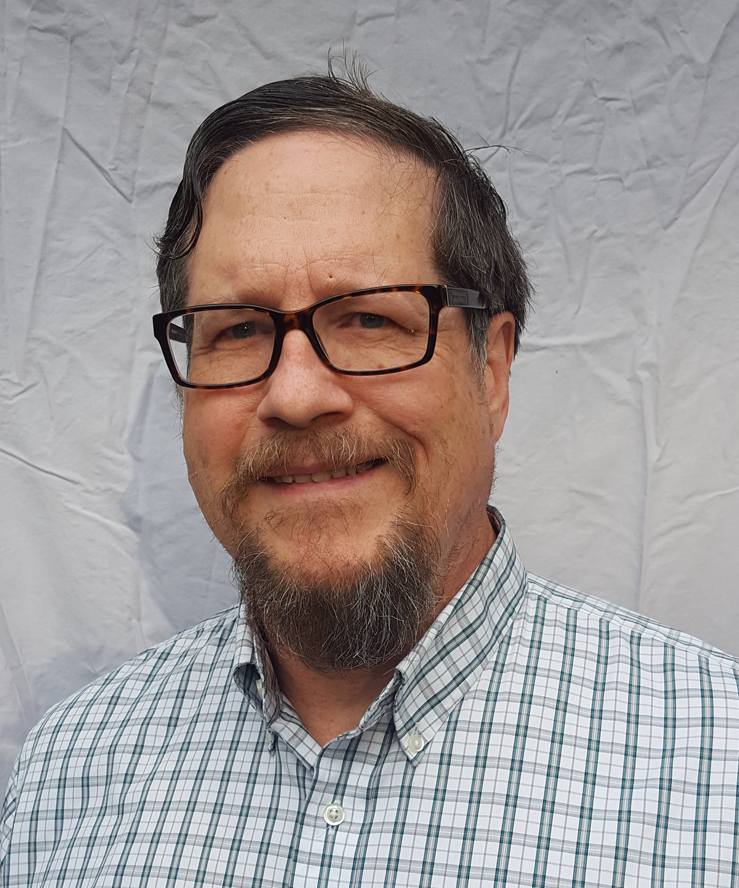 | Dr. Robert Annand Dr. Robert Annand is Senior Technical Product Manager at REPROCELL. After earning his Ph.D. from Purdue University, Dr. Annand has worked in a variety of roles in understanding the role of biology in drug discovery and the interaction of potential new drugs with cells and proteins. Since 2014, Dr. Annand has worked at REPROCELL in a variety of roles, all focused on working with collaborators and clients to find ways to use stem cells to develop new ways to understand and treat human disease. |
 | Dr. Evelyn Chukwurah Dr. Evelyn Chukwurah is a Stem Cell Scientist at Reprocell USA. She received her PhD in Biological Sciences from the University of South Carolina in 2017, where she elucidated the roles of 3 dsRNA binding proteins in regulating the cellular response to various physiological stresses. At Reprocell USA, Evelyn primarily works with clients to derive and characterize a wide array of different cell types from human iPSCs. |


